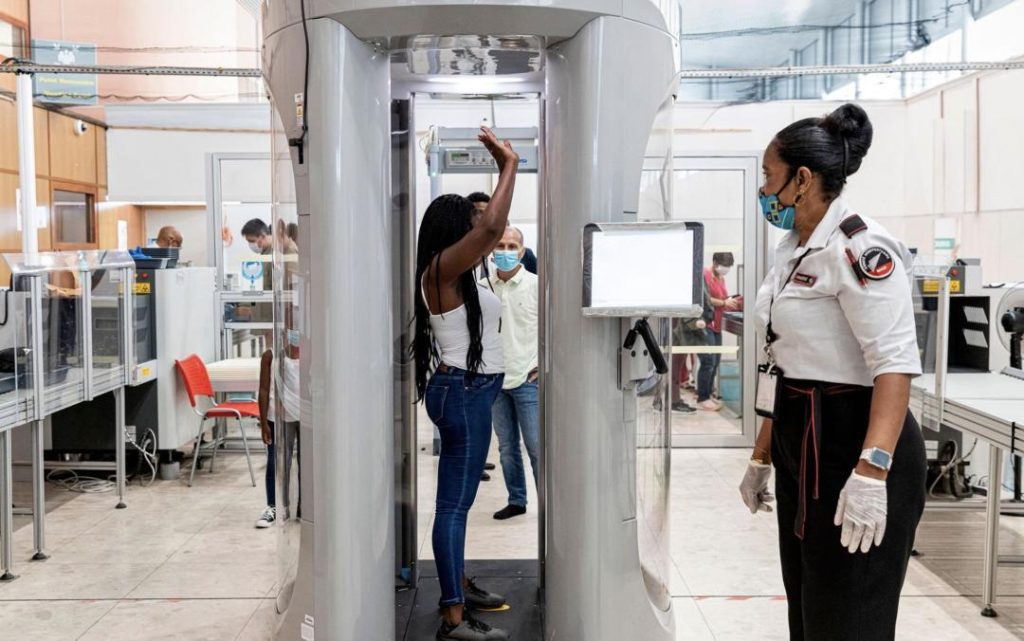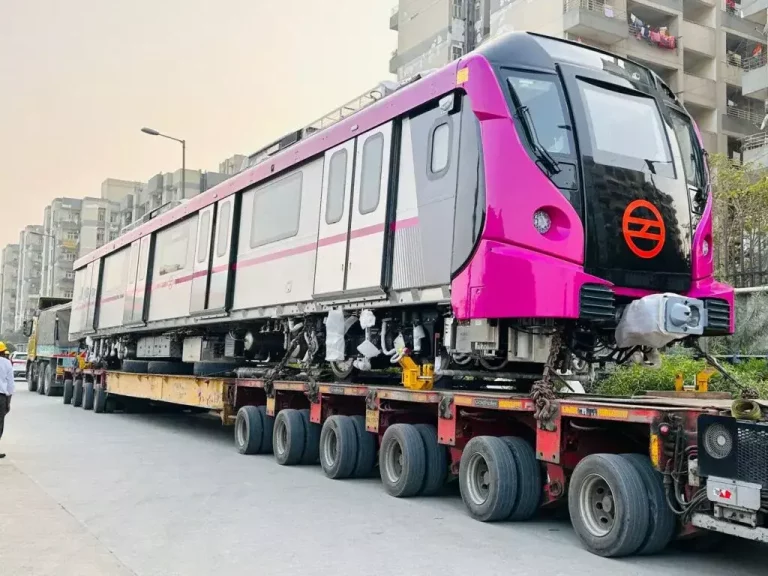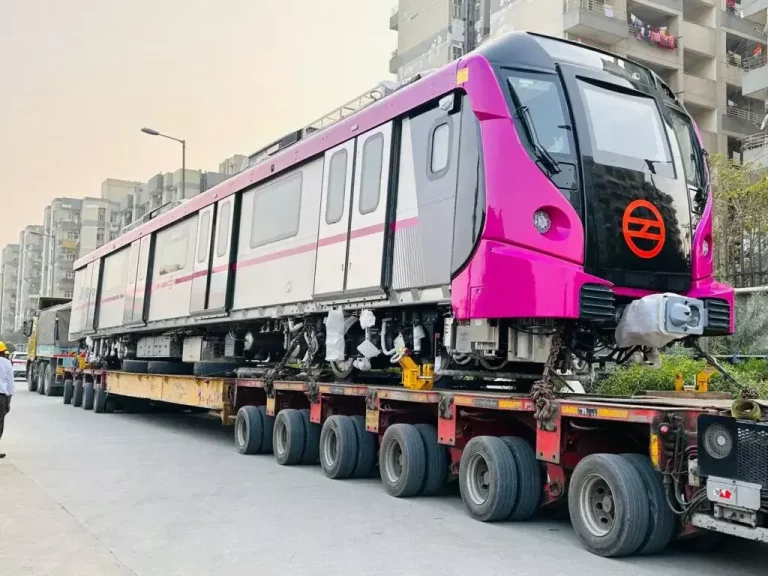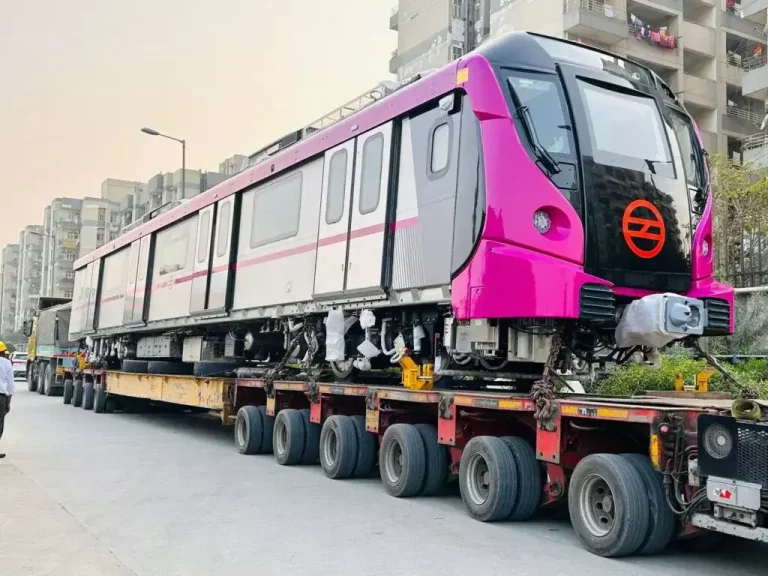
Delhi Airport to Deploy Full Body Scanner to Check People
In a move aimed at enhancing security, reducing waiting time, and protecting passenger privacy, Delhi airport is set to begin testing full body scanners using millimeter-wave technology in May. These scanners will be a significant upgrade from the traditional metal detectors and scanners currently in use, and will provide a more efficient and effective way to screen passengers.
The scanners, which do not emit harmful radiation, will produce fixed 2D images of passengers, allowing security officials to detect any hidden objects or anomalies. This technology has already been implemented at top airports worldwide, and Delhi airport is now joining the ranks of these airports in adopting this innovative security solution.
The trial, which is expected to last for three to four months, will determine whether the scanners will become a permanent fixture at the airport. During this time, passengers will be able to volunteer to be scanned, and the results will be monitored to ensure that the technology is effective and efficient.
The millimeter-wave technology used in these scanners is considered to be safe for all passengers, including pregnant women, children, and people with pacemakers. This is because it does not emit harmful radiation, unlike some other types of scanners that use X-ray technology.
The benefits of these scanners are numerous. Firstly, they will significantly reduce waiting times for passengers, as they can screen up to 1,200 people per hour. This will help to reduce congestion at security checkpoints and make the travel experience more efficient.
Secondly, the scanners will enhance security at the airport. They will be able to detect objects that may be hidden under clothing, such as weapons or explosives, which could pose a threat to the safety of passengers and airport staff.
Thirdly, the scanners will protect passenger privacy. They produce fixed 2D images of passengers, which means that security officials will not be able to see personal details such as body shape or size. This is a significant improvement over traditional scanners, which can produce detailed images of the human body.
The implementation of these scanners is part of Delhi airport’s ongoing efforts to improve security and provide a better experience for passengers. The airport has already invested in a range of other security measures, including biometric screening and advanced surveillance systems.
The deployment of full body scanners is also seen as a welcome move by the Indian government, which has been working to improve security at airports across the country. The government has been implementing a range of measures to ensure the safety of passengers, including the installation of advanced security systems and the deployment of additional security personnel.
In conclusion, the deployment of full body scanners at Delhi airport is a welcome move that will enhance security, reduce waiting times, and protect passenger privacy. The technology is safe, efficient, and effective, and is already in use at top airports worldwide. We can expect to see a significant improvement in the security and efficiency of the airport once the trial is completed and the scanners become a permanent fixture.






